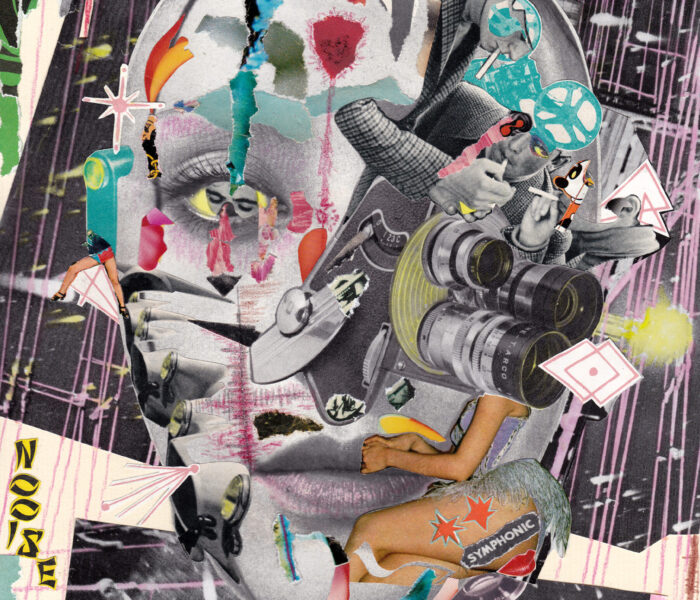In this article you will read about:
Within the framework of cognitive distortions, personalization and blame emerge as two sides of the same coin, both relating to misattributions of responsibility. While personalization involves inaccurately attributing external events to oneself, blame focuses outward, unfairly pinning responsibility on others. To grasp the nature of these distortions and their implications, a deeper exploration is warranted.
What is All-or-Nothing Thinking?
Personalization is the tendency to attribute external events, especially negative ones, to oneself, even when there’s little logical basis for such an association. A person might think, “My friend is upset. It must be because of something I did,” even if the friend’s mood is unrelated to them.
On the other hand, blame is about shifting responsibility for one’s own feelings or circumstances onto others, often unfairly. For instance, “I’m unhappy because my parents never taught me how to succeed.”
Dr. David Burns, a significant contributor to the development of cognitive-behavioral therapy, remarks on these distortions, “You see yourself as the cause of some negative external event for which, in fact, you were not primarily responsible.“1
Impacts of Personalization and Blame
Reduced Self-Esteem
Chronic personalization can lead to feelings of guilt, shame, and inadequacy, eroding one’s self-worth over time.
Strained Relationships
Blame can cause resentment and tension in relationships, as others may feel unjustly accused or burdened.
Impaired Problem-Solving
Misattributing causes means not addressing the real underlying issues, leading to ineffective solutions and perpetuated problems.
Read more about Attribution theory here (opens in a new tab).
"You see yourself as the cause of some negative external event for which, in fact, you were not primarily responsible."
David Burns Tweet
"The best years of your life are the ones in which you decide your problems are your own. You do not blame them on your mother, the ecology, or the president. You realize that you control your destiny."
Albert Ellis Tweet
Origins of Personalization and Blame
Several factors contribute to these cognitive distortions:
Childhood Experiences
Growing up in environments where one is frequently blamed can instill patterns of personalization2.
Societal and Cultural Influences
Some cultures may emphasize individual responsibility to an extent where personalization becomes more common3.
Personality Traits
Individuals with certain personality traits or disorders might be more prone to these distortions4.
Addressing Personalization and Blame
Self-Reflection
Engage in introspection to identify instances when you might be personalizing or unfairly blaming others.
Fact-Checking
Feedback from Trusted Sources
Sometimes, objective feedback from friends, family, or therapists can provide clarity.
Cognitive Behavioral Therapy (CBT)
CBT techniques can be particularly effective in recognizing and challenging distorted patterns of thinking6.
Shared Responsibility
Understand that in many situations, responsibility might be shared, and it’s not solely on one individual or external factors.
Conclusion
Dr. Albert Ellis, the founder of Rational Emotive Behavior Therapy, once noted, “The best years of your life are the ones in which you decide your problems are your own. You do not blame them on your mother, the ecology, or the president. You realize that you control your destiny.“7
In essence, finding a balanced understanding of responsibility—neither overburdening oneself with undue blame nor unfairly projecting it onto others—is integral to mental well-being and constructive interpersonal relationships.
Personalization and Blame Book Recommendations
Here is a collection of the best books on the market related to personalization and blame:
Our commitment to you
Our team takes pride in crafting informative and well-researched articles and resources for our readers.
We believe in making academic writing accessible and engaging for everyone, which is why we take great care in curating only the most reliable and verifiable sources of knowledge. By presenting complex concepts in a simplified and concise manner, we hope to make learning an enjoyable experience that can leave a lasting impact on our readers.
Additionally, we strive to make our articles visually appealing and aesthetically pleasing, using different design elements and techniques to enhance the reader’s experience. We firmly believe that the way in which information is presented can have a significant impact on how well it is understood and retained, and we take this responsibility seriously.
Click on the icon to see all your thoughts in the Dashboard.
Your Thoughts about the Personalization and Blame
It’s highly recommended that you jot down any ideas or reflections that come to mind regarding personalization and blame, including related behaviours, emotions, situations, or other associations you may make. This way, you can refer back to them on your Dashboard or Reflect pop-ups, compare them with your current behaviours, and make any necessary adjustments to keep evolving. Learn more about this feature and how it can benefit you.
References
Burns, D. D. (1980). Feeling good: The new mood therapy. New York: New American Library.
Bowlby, J. (1988). A secure base: Parent-child attachment and healthy human development. New York: Basic Books.
Markus, H. R., & Kitayama, S. (1991). Culture and the self: Implications for cognition, emotion, and motivation. Psychological Review, 98(2), 224.
Millon, T., Grossman, S., Millon, C., Meagher, S., & Ramnath, R. (2004). Personality disorders in modern life. Hoboken, NJ: John Wiley & Sons.
Beck, A. T. (1976). Cognitive therapy and the emotional disorders. New York: International Universities Press.
Hofmann, S. G., Asnaani, A., Vonk, I. J., Sawyer, A. T., & Fang, A. (2012). The Efficacy of Cognitive Behavioral Therapy: A Review of Meta-analyses. Cognitive therapy and research, 36(5), 427-440.
Ellis, A., & Harper, R. A. (1975). A new guide to rational living. Hollywood, CA: Wilshire.




